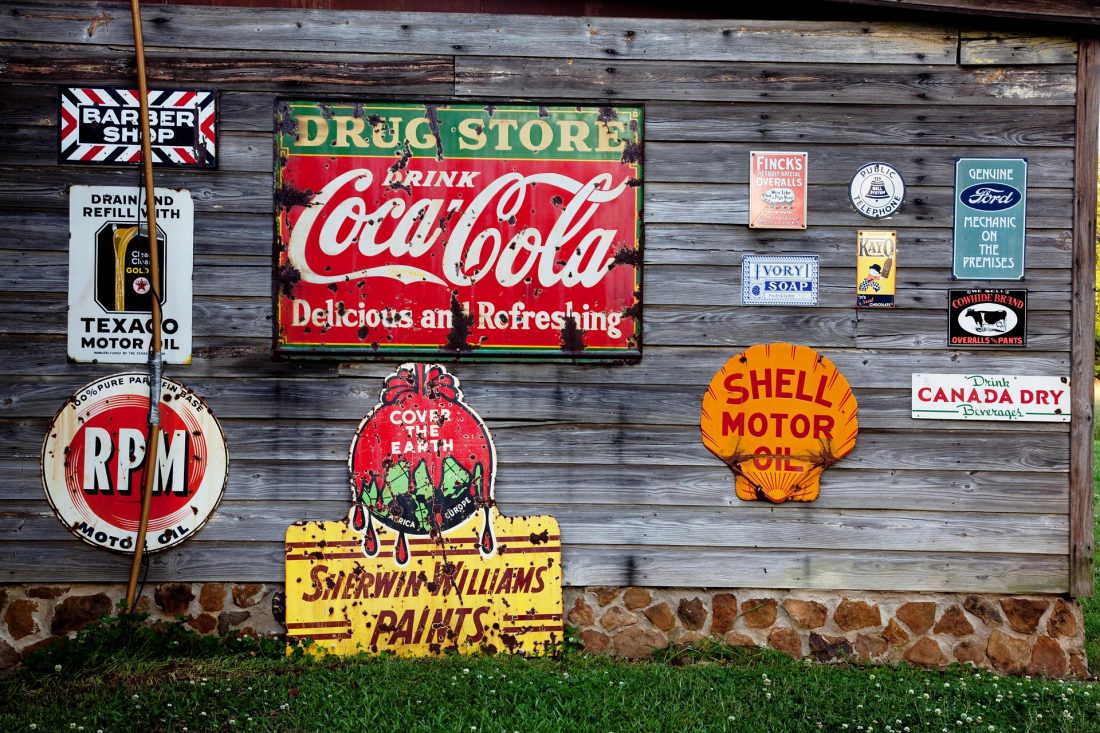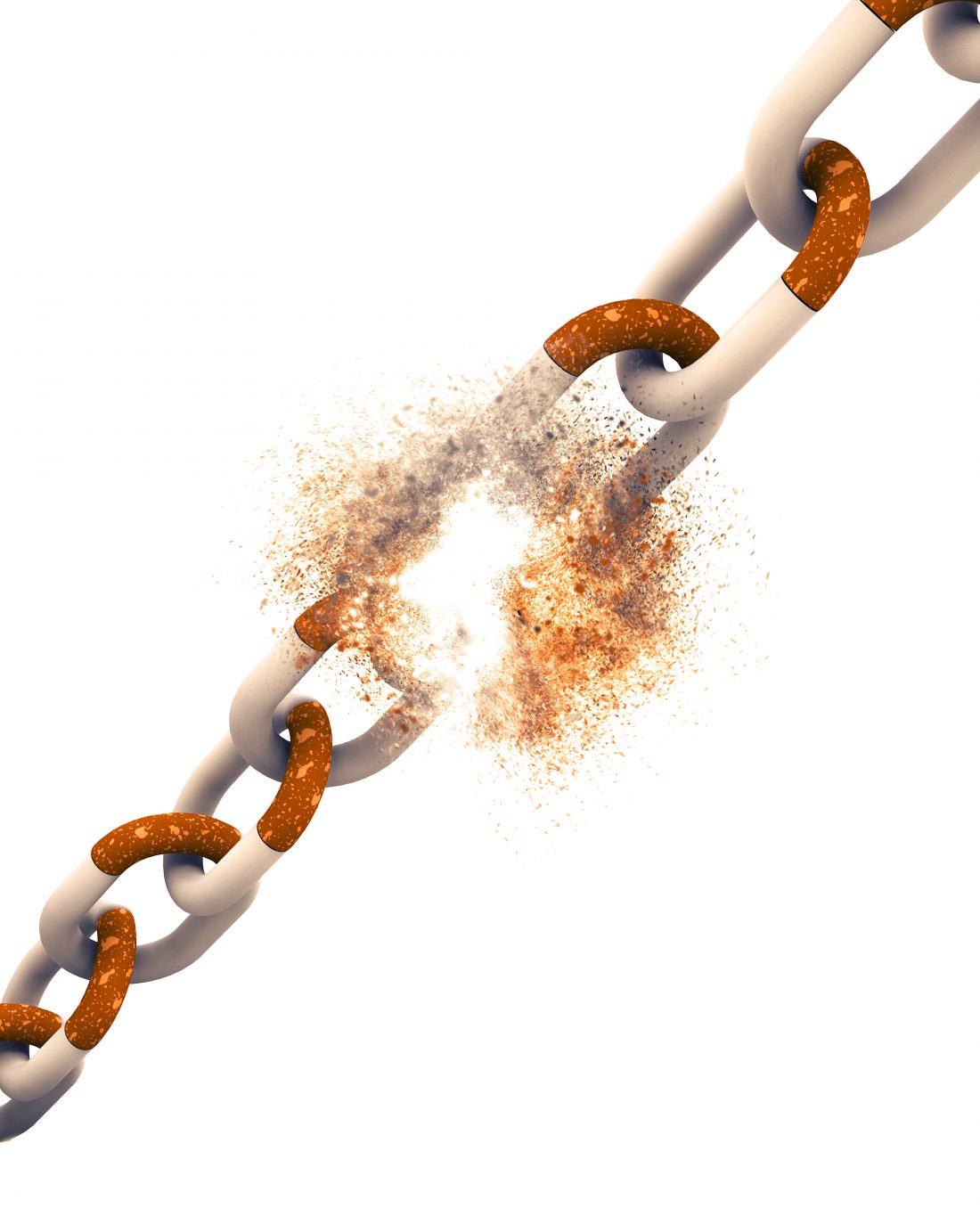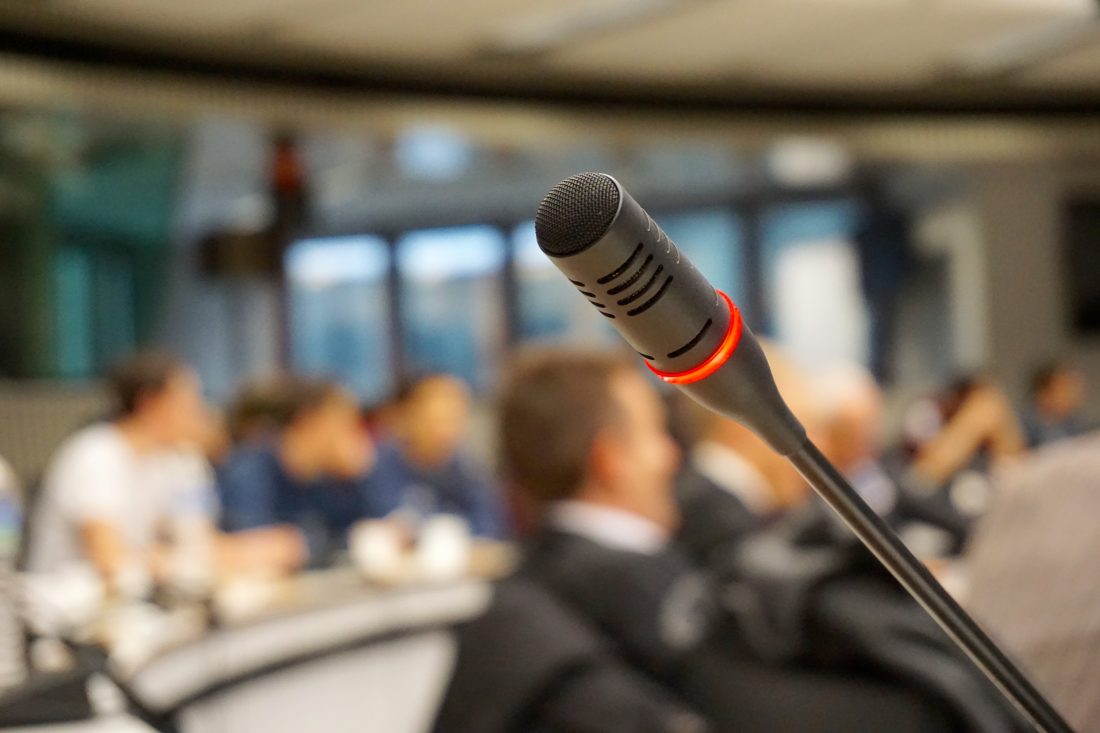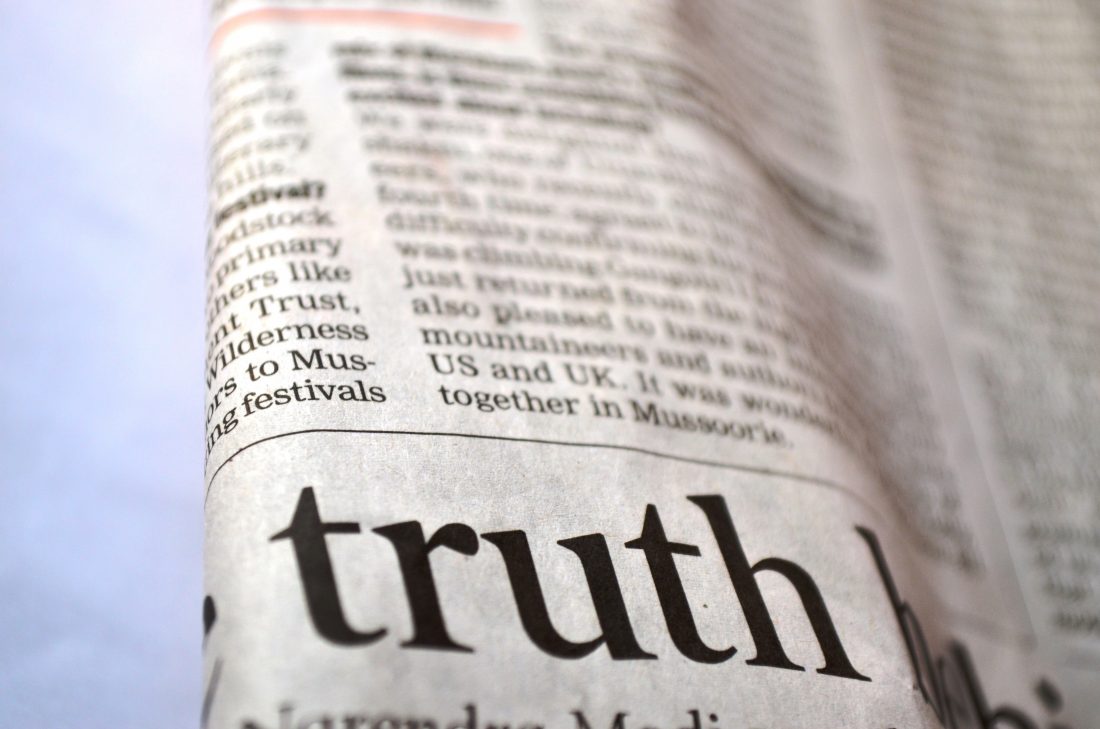January 28, 2018
In
Advertising
We are in a society saturated with advertising messages, where it is increasingly difficult to surprise and attract users to consume a certain product or service, not to mention the difficulty of creating loyalty to a brand.
The agencies strive to try to create original and surprising ads, because that is what the client (the company) expects to see. In this exercise, some agencies, especially renowned ones, become only worry about making advertisements that are mere creative pirouettes with no other purpose than competing in the Cannes Lions Festival or the Clio Awards, forgetting that their real objective is to answer to the need of their client to position its brand or promote its products/services to increase its sales, that is, maximize the return of its investment.
If investing in advertising is already expensive for a company, doing it so for the glory of the agency and not selling more, is a bad business.
READ MORE










